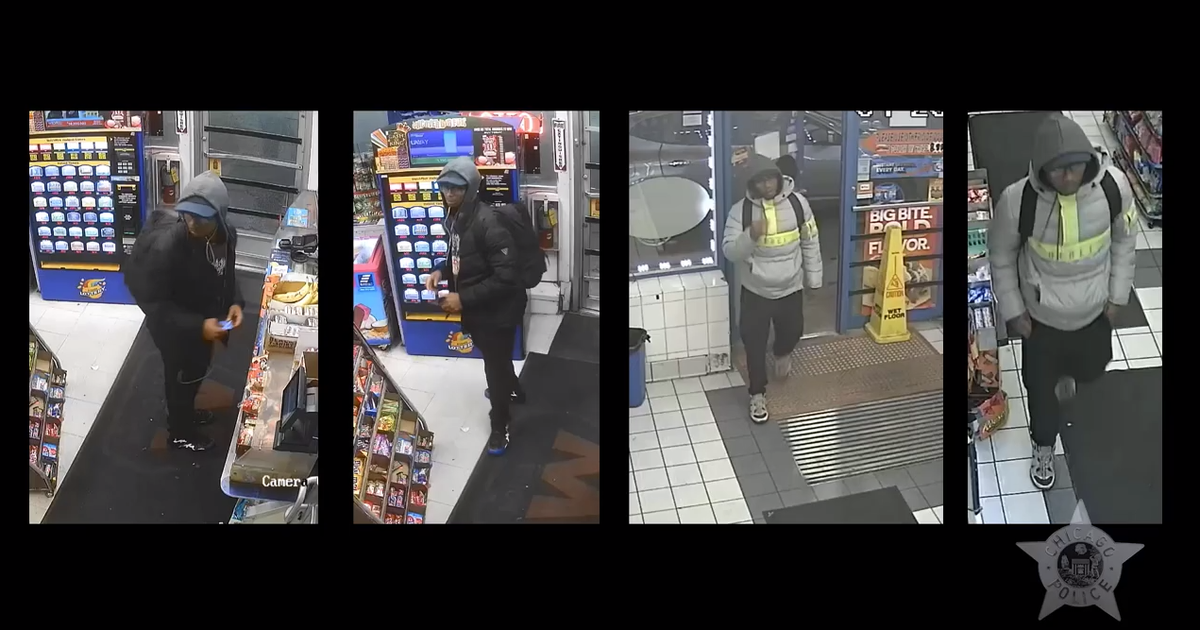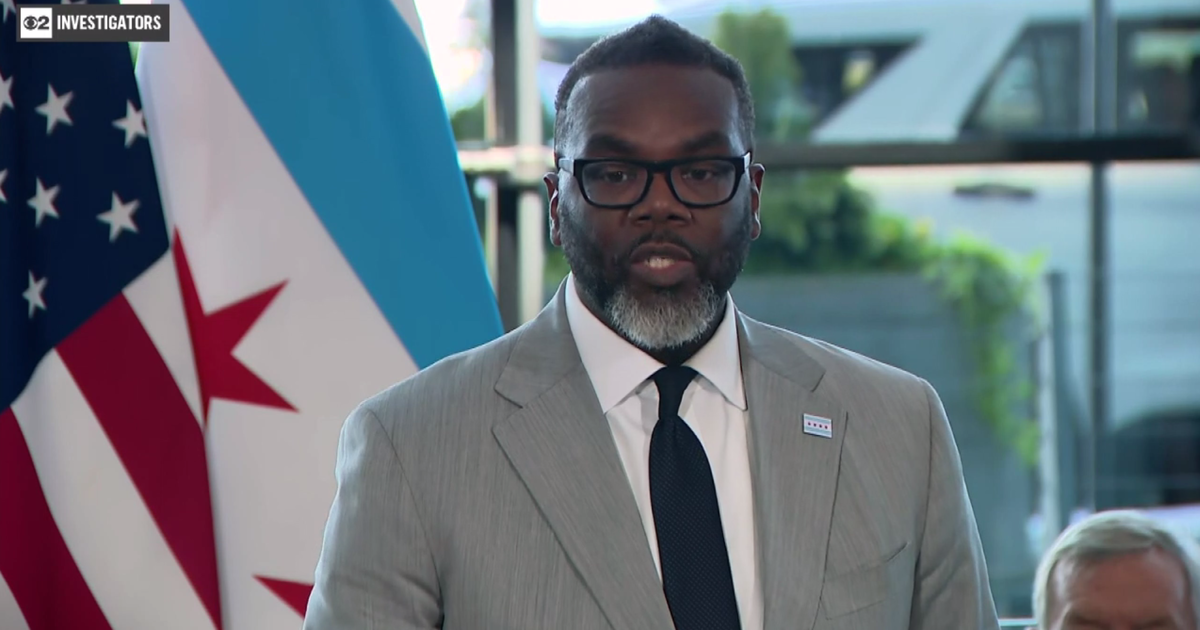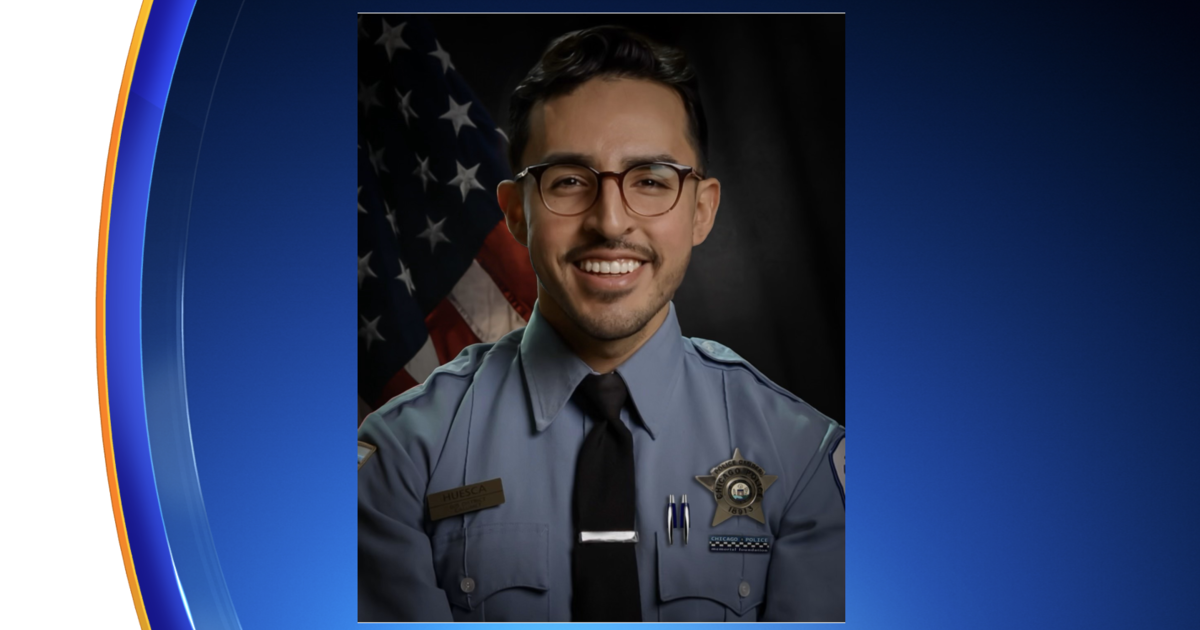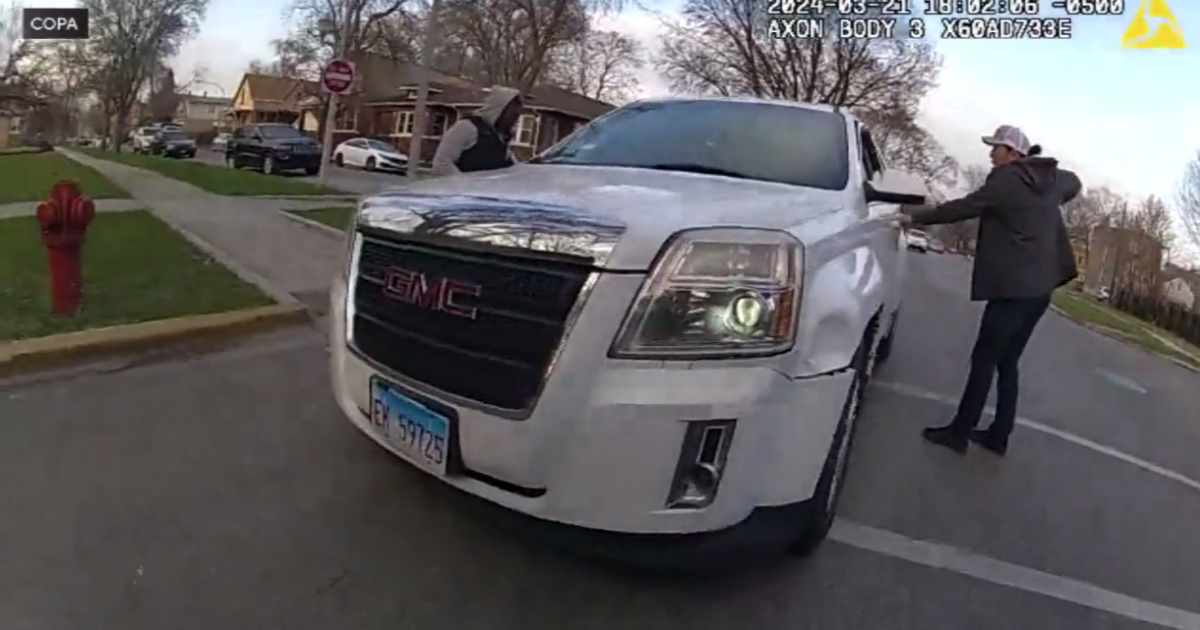CPD Seeks To Discipline — But Not Fire — 4 Cops In Mcdonald Case
CHICAGO (CBS) -- Chicago Police Supt. Eddie Johnson is moving to discipline four more officers for alleged misconduct in connection with the 2014 Laquan McDonald shooting — but he's not seeking to fire any of them, a police spokesman said Friday.
Johnson's decision came after the Chicago Police Department on Thursday responded to the findings of an investigation by city Inspector General Joseph Ferguson.
Ferguson's reports on the four officers were sent to the police department on Nov. 22. Under city rules, the police department had 30 days to respond.
Police spokesman Anthony Guglielmi said Johnson moved Thursday to discipline those officers. He said he didn't know their names, ranks or the severity of the recommended punishments against them. As of Friday afternoon, the four officers had not been formally notified of the recommendations, he said.
Guglielmi said Ferguson didn't recommend that the department fire any of the four officers.
He also said he didn't think any of those four cases would wind up before the Chicago Police Board, which conducts hearings into disciplinary cases involving officers and decides whether they should be punished. The board handles all cases involving the firings of officers and serves as an appeals board in cases in which the superintendent seeks to suspend an officer for six or more days.
With the four new cases, Ferguson has now recommended that a total of 15 cops involved in the aftermath of the McDonald shooting be disciplined.
Earlier this year, Ferguson had suggested that Johnson fire 11 other officers involved in the McDonald case.
Five of those officers — including a commander and the chief of detectives — resigned or retired before the department took action on Ferguson's recommendations. In the case of another officer, Johnson disagreed with the inspector general's findings and recommendation of discipline.
Johnson did move to fire five other officers, including Officer Jason Van Dyke, who shot McDonald 16 times as the teen, who was holding a knife, appeared to be walking away from him in October 2014. Those five firing cases are pending before the police board.
While the names of the four additional officers facing discipline aren't being released, at least four police officers who were at or near the scene when McDonald was shot remain on active duty, according to police department officials.
After responding to a call of someone breaking into trucks at 41st and Kildare, two of the officers followed McDonald for several blocks — one on foot, the other in a police car — as he walked toward Pulaski with a knife in his hand, according to police reports and radio dispatches. McDonald then stabbed a front tire of the car before running onto Pulaski, the officers said. Both cops said they heard gunshots but didn't see who fired them, according to a detective's report.
Two other officers were named in police reports as "witnesses" to the shooting. They told the detective that they drove their police car past McDonald as he walked down Pulaski and heard shots as they did a U-turn. But both said they didn't see who fired, either, the detective reported.
Inspector General Ferguson began his investigation of the McDonald case in December 2015. On Dec. 8, 2016, he filed a lawsuit attempting to force Anthony Wojcik, a former police lieutenant, to provide testimony about the case to him and his staff. That lawsuit revealed that Johnson had been weighing discipline against the four cops.
Wojcik retired from the police force in May 2016. Wojcik has refused to comply with the subpoena to provide testimony on the grounds that he is no longer a city employee.
According to Ferguson's filing, "Wojcik directly and actively supervised the lead detective assigned to CPD's investigation of the Laquan McDonald incident."
Darren O'Brien, an attorney for Wojcik, said he will likely file a response to the inspector general's suit in the next couple of weeks. O'Brien criticized Ferguson for not talking to Wojcik before he left the police department.
"The OIG had five months in which they were involved in the investigation when they had the right to interview my client while he was still a Chicago police officer," O'Brien said. "They have no right to interview him [now] because he's no longer subject to any disciplinary action on their part."
(Source: Sun-Times Media Wire © Chicago Sun-Times 2016. All Rights Reserved. This material may not be published, broadcast, rewritten, or redistributed.)



